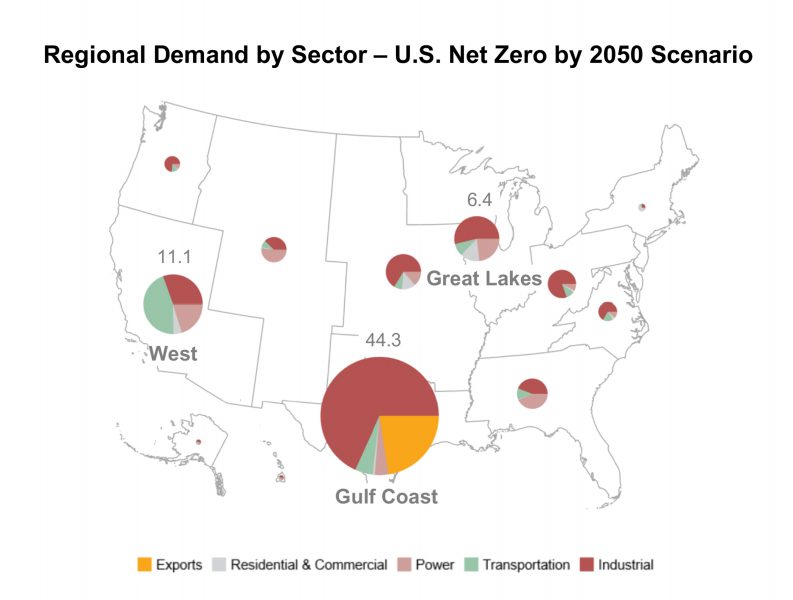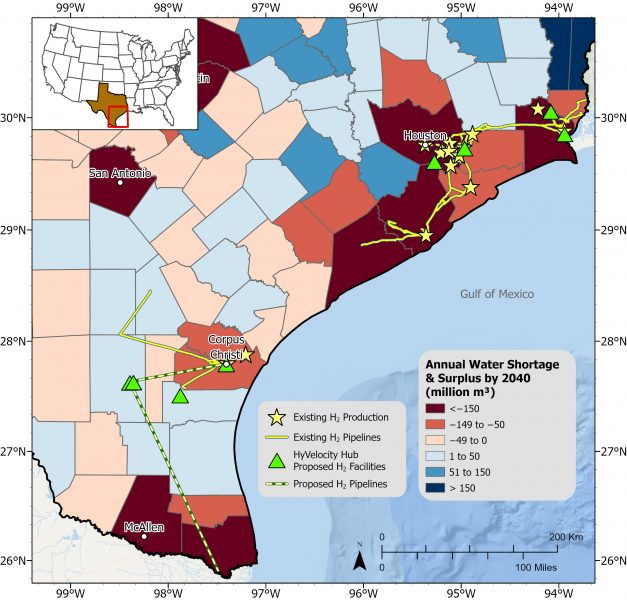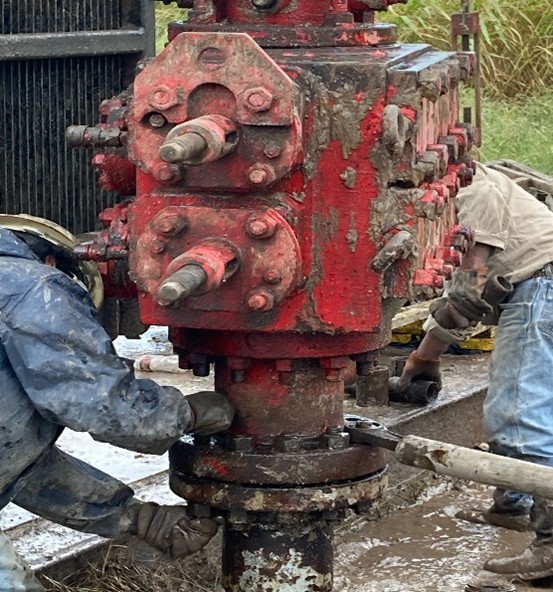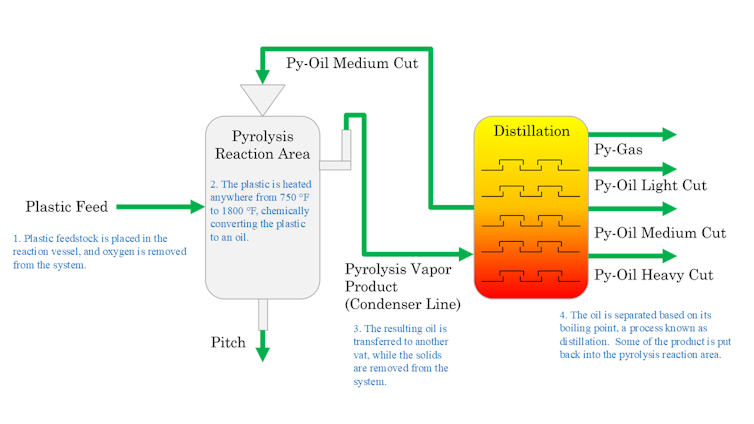Final Tally of Energy Bills In the 29th Texas Legislature + Bills That Didn’t Make It
June 24, 2025 — Lawmakers ultimately passed 1,213 bills and more than 2,200 resolutions, including constitutional amendments, this session; Abbott has until 11:59 p.m. on June 22, 20 days after the session ends, to veto items in the budget or veto bills that passed in the last 10 days of the session. He has the same deadline to sign bills, according to the Dallas Morning News
BILL NUMBERS ARE IN BLUE AND INCLUDE LINKS TO THE BILL, DISPOSITIONS OF BILLS ARE IN RED, BILL SUBJECT CATEGORIES ARE IN GREEN
BILLS FROM THIS SESSION BECOMING LAW; SIGNED, FILED OR VETOED BY THE GOVERNOR
OIL AND GAS
OIL AND GAS: RRC to oversee task force to address petroleum product theft in the state; would direct the Railroad Commission of Texas to oversee the task force, which would recommend solutions to address petroleum-product theft throughout the state. The group would be made up of industry stakeholders and law enforcement agencies. The bill also mandates that the task force submit a report every two years outlining “recommendations to increase transparency, improve security, enhance consumer protections, prevent the theft of petroleum products, and address the long-term economic impact of the theft of petroleum products.” Authored by Republican Sen. Kevin Sparks of Midland
Passed the Senate and House, with the Senate concurring with House amendments,signed by the Governor May 20th, effective September 1st
____________________________
BILLS FROM THIS SESSION BECOMING LAW
OIL AND GAS: Credit or refund for diesel fuel taxes paid on diesel fuel used in this state by auxiliary power units or power take-off equipment.
SB 771
Passed by the Senate April 30th, passed by the House May 12th, sent to the Governor May 13th, filed without the Governor’s signature May 24th; Effective September 1st
____________________________
BILLS FROM THIS SESSION BECOMING LAW
OIL AND GAS: An interstate compact for the LNG industry for states that border the Gulf of America; establishes the Gulf States Liquefied Natural Gas Industry Compact, authorizing the Governor of Texas to develop and enter into an interstate compact with other Gulf Coast states to promote the liquefied natural gas (LNG) industry. The compact is designed to facilitate collaboration between member states on issues affecting the LNG sector, particularly focusing on the sharing of information, resources, and services to enhance the protection, growth, and operational efficiency of LNG operations along the Gulf of Mexico.
Passed the House, now leaving the Senate Natural Resources committee with a substitute bill, passed by the Senate May 16th, sent to the Governor May 17th, signed by the Governor My 28th, effective immediately
_________________________
BILLS FROM THIS SESSION BECOMING LAW
OIL AND GAS: Declaration of an oil or gas emergency by the Railroad Commission of Texas and the liability of a person for assistance, advice, or resources provided in relation to an oil or gas emergency
Senator Brian Birdwell (Republican) is the author
Passed the Senate, passed the House as amended May 6th, signed by the Governor May 27th
_________________________
BILLS FROM THIS SESSION BECOMING LAW
OIL AND GAS: Imposition of application fees for certain permits and permit amendments for the disposal of oil and gas waste; Senator Judith Zaffirini (Democrat) is the author
Passed the Senate and the House on May 15th, signed by the Governor May 27th, effective September 1st
(companion bill not passed, HB 3158 Drew Darby is an author; left after second reading in the House, companion bill SB 2122 considered instead)
____________________________
BILLS FROM THIS SESSION BECOMING LAW
OIL AND GAS: Taking on oil, gas and related products theft; “The inspection, purchase, sale, possession, storage, transportation, and disposal of petroleum products, oil and gas equipment, and oil and gas waste; creating criminal offenses and increasing the punishment for an existing criminal offense; bill seeks to address the challenges posed by organized oilfield theft by setting out provisions relating to the inspection, purchase, sale, possession, storage, transportation, and disposal of petroleum products, oil and gas equipment, and oil and gas waste in order to provide law enforcement with clear authority to inspect and investigate suspected oil and gas theft, strengthen existing penalties, and modernize and reinforce the state’s legal response to oilfield theft and improper disposal practices”; Senator Kevin Sparks (Republican) is the author
Passed the House April 16th, passed the Senate with agreement on House amendments, sent to the Governor May 7th, signed by the Governor May 19th
____________________________
BILLS FROM THIS SESSION BECOMING LAW
OIL AND GAS: Authorizes the Texas Commission on Environmental Quality to issue permits for land application of produced water — wastewater that comes out of the ground during the extraction of oil and gas production — and develop standards that prevent pollution of surface and groundwater.
Passed the Senate March 13th, passed the House April 29th, sent to the Governor May 1st, signed by the Governor May 13th
____________________
BILLS FROM THIS SESSION BECOMING LAW
OIL AND GAS: Inactive wells
Plugging of and reporting on inactive wells subject to the jurisdiction of the Railroad Commission of Texas; authorizing an administrative penalty; would create a severance tax exemption to provide incentives for oil and gas operators to bring inactive gas and oil wells back into production
Has passed the Senate, passed out of the House Energy Resources committee on May 8th with substitute bill, passed the House on May 28th, sent to the Governor May 28th, signed by the Governor on June 20th
(companion bill not passed HB 2766 “Relating to the plugging of certain inactive wells subject to the jurisdiction of the Railroad Commission of Texas” Pending in House Energy Resources committee since April 7th)
____________________
BILLS FROM THIS SESSION BECOMING LAW
OIL AND GAS: A severance tax exemption for oil and gas produced from certain restimulation wells; Representative Drew Darby (Republican) is the author
Substitute bill passed the House on May 15th, passed the Senate May 26th, sent to the Governor May 28th, signed by the Governor June 20th, effective January 1, 2026
(companion bill SB 782 Left pending in the Senate Finance committee on May 14th)
________________________
BILLS FROM THIS SESSION BECOMING LAW
OIL AND GAS: Applicability of certain safety provisions and regulatory fees administered by the Railroad Commission of Texas to gas distribution…

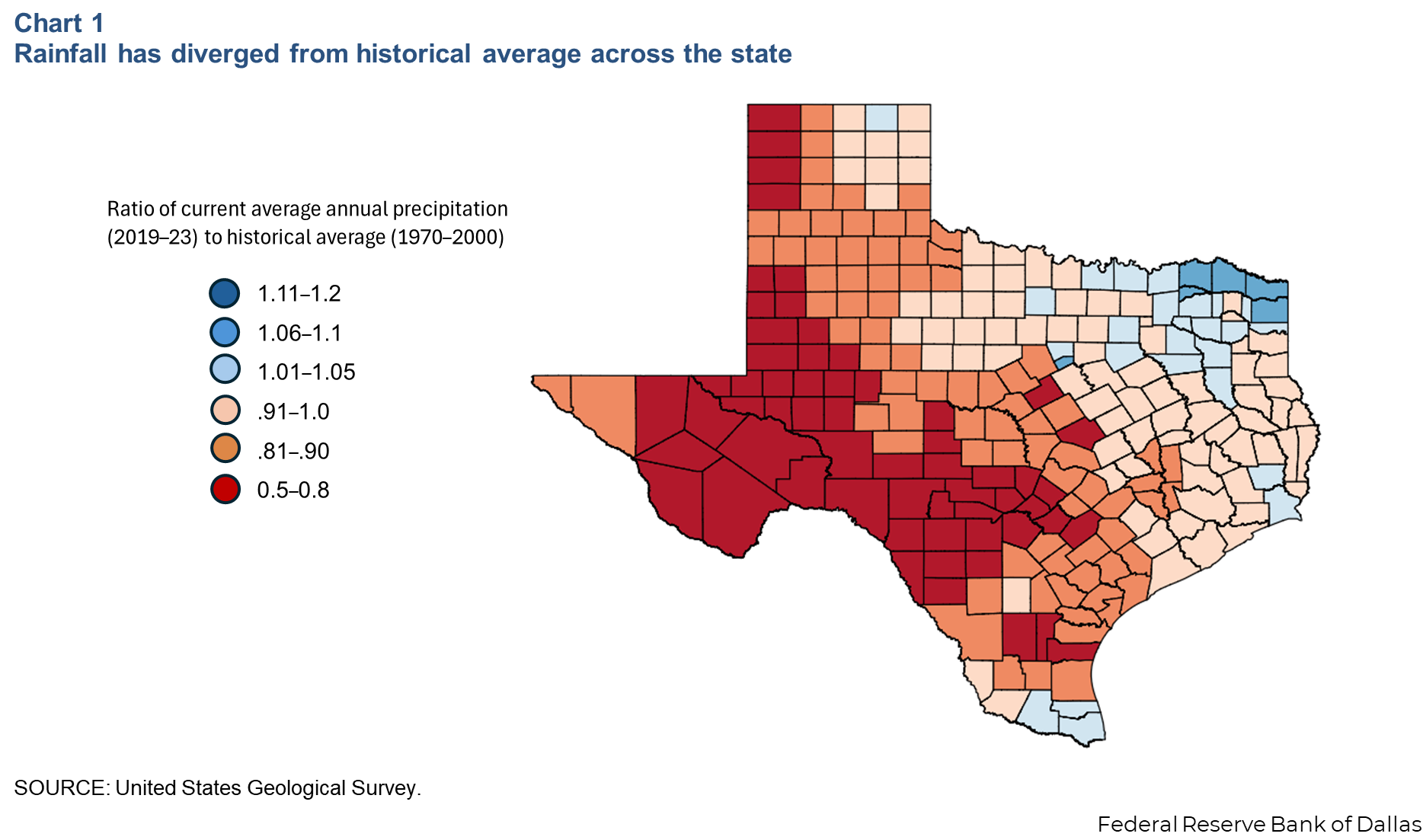
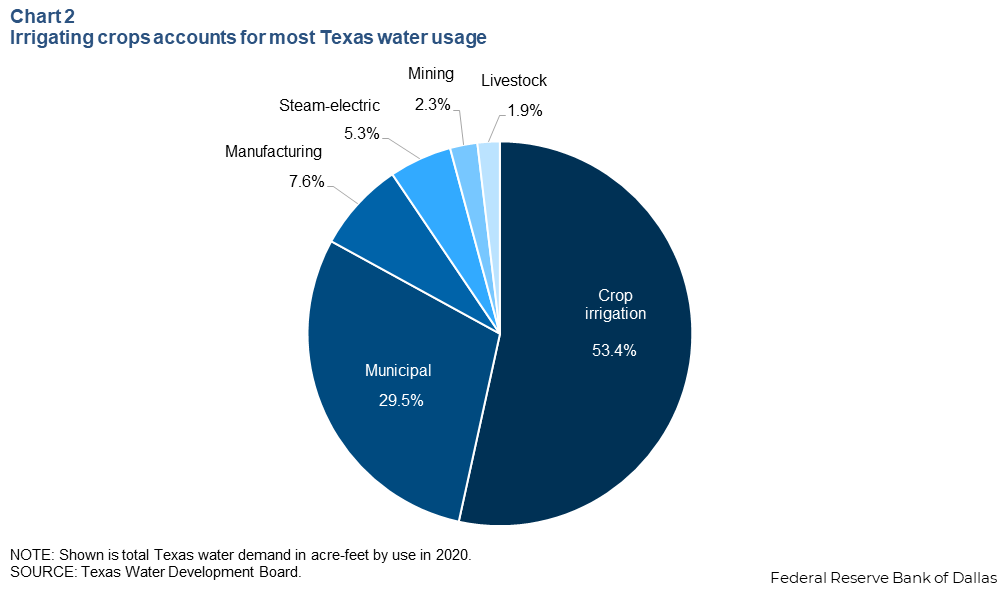 …
…
